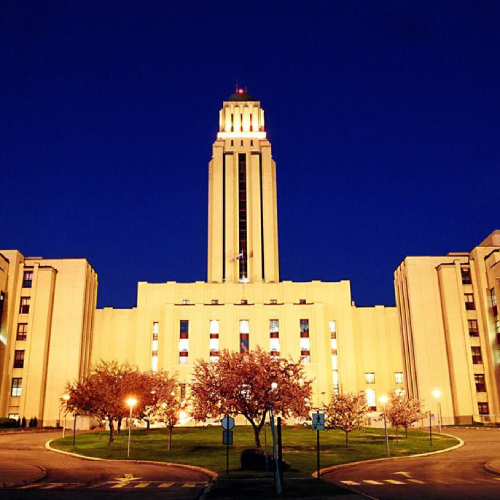USA
Student Guide
ABOUT
USA➔
Studying abroad is an exciting prospect for many students. It can be a tedious process right from selecting universities, applying for visas, looking for accommodations, and finally getting there. And, if the destination is one of the popular ones, then the competition becomes tougher. But what if you finally reap the benefits and live your dream.
→ Well, read on to know about one such destination, The United States of America. It has been a world-class study destination for years to come. This guide will provide you with comprehensive insight into all that you need to know about studying in the USA. Accommodation, expenses, transportation, and some interesting trivia about popular cities and colleges have been covered here and we hope you find it helpful.
→ The US universities are well recognized for their STEM (Science, Technology, Engineering, and Mathematics) courses, and the universities makeup to nearly 70% of the top 50 universities of the world and earned utmost popularity for Master of science programs. In general, there are a lot of amazing reasons to prefer MS in the USA. Currently, there are around 780 specializations in MS where students can pick their favourite. The global survey of 2023 points out that around 133 US universities are in the top 200 in the world ranking.


The type of student visa you will require is determined by your age and what you want to study in the United States. Here is a rundown of the three categories of USA student visas and the conditions associated with them.
- → F-1 visa: The most common visa type for international students seeking to undertake academic studies.
- → M-1 visa: This visa is for students who choose to study vocational courses.
- → J-1 visa: This visa is for international students participating in exchange programs.
→ 1. Research Universities: Start by researching different universities in the USA. Look into their rankings, programs offered, campus culture, and location. Consider factors like academic reputation, faculty expertise, and opportunities for internships or research.
→ 2. Standardized Tests: : Check the standardized tests required for admission, such as the SAT or ACT for undergraduate programs, and the GRE or GMAT for graduate programs. Prepare for these exams by using study materials and taking practice tests.
→ 3. English Language Proficiency: : If English is not your first language, you may need to take an English language proficiency test such as the TOEFL or IELTS. Prepare for these tests by practicing your English skills, both written and spoken.
→ 4. Application Process: Follow the application process for your chosen universities. This typically involves submitting an online application, academic transcripts, letters of recommendation, and a personal statement or essay. Be sure to check the deadlines and submit your applications on time.
→ 5. Financial Planning: Understand the costs associated with studying in the USA, including tuition fees, living expenses, and healthcare. Research scholarship opportunities, grants, and financial aid options available to international students.
→ 6. Student Visa: Familiarize yourself with the student visa requirements for the USA. Contact the nearest US embassy or consulate for detailed information and guidance on the application process.
→ 7. Housing Options: Explore the different housing options available to international students, such as on-campus dormitories, off-campus apartments, or homestays. Consider factors like cost, proximity to campus, and amenities.
→ 8. Preparing for Arrival: Once you have been accepted into a university, start preparing for your arrival in the USA. Arrange your travel plans, book your flights, and make sure you have all the necessary documents for immigration and customs.
Universities in the US are basically categorized into Public and Private universities. They are respectively funded by the government and private investors such as individuals and corporations. Furthermore, these universities are categorized into: IVY League Public Ivies Liberal arts philosophy Specialist institutions Land grant colleges and universities Research intensive institutions.

Popular cities in USA
- Chicago
- Boston
- San Francisco
- New York
- Los Angeles
- Washington DC
- Kansas
- Atlanta
- San Diego
